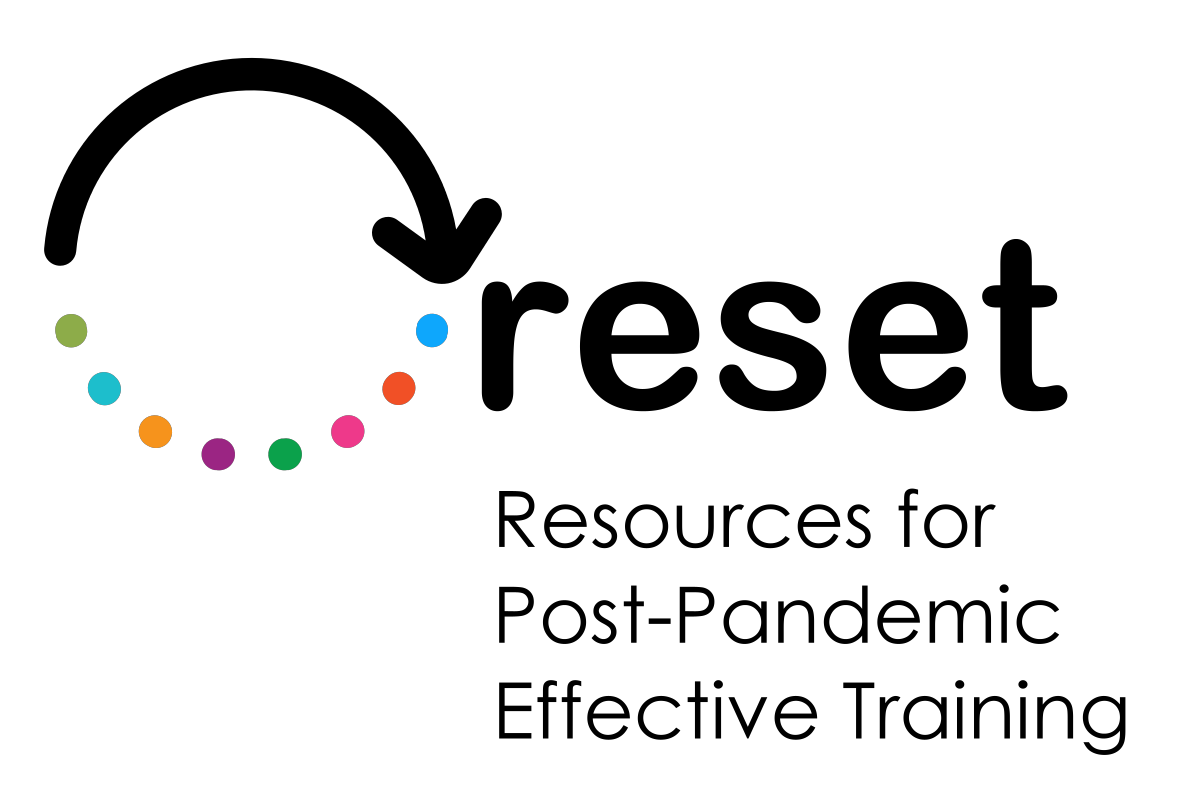 Online communication for VET Online communication for VET The VET offerClick to read 
|
Nowadays, online communication is one of the most effective and extended resources. After the pandemic, thousands of students, users and educators have found in the Internet an opportunity to continue their training and find new learning outcomes.
Thus, the Internet allows these users to access our VET training offer. Nevertheless, for this to be possible, we must learn communication and marketing strategies on the digital world.
|
 |
Online CommunicationClick to read 
The Internet is a great way to make our training offer known. Some of the advantages it has as a communication channel are:
- Inmediacy
- Versatility
- Low economic cost
- Customization
- Reach
- Ease
 Online Marketing Online Marketing What is Online Marketing?Click to read 
|
“If it is not on the Internet, it does not exist”
Digital marketing consists of a series of strategies and techniques whose purpose is to improve the marketing and communication of a business’ product or service using the Internet as a medium.
Nowadays, most businesses use the Internet. Traditional marketing is becoming less relevant, and digital marketing is increasing its influence, as it offers countless advantages. More and more users are online every day, whether for recreational purposes, work or resources searching.
|
 |
WebsiteClick to read 
|
The website of our company must be the center of our marketing strategy, as it gathers all the information needed by the user, and from which they will contact with our services.
Content marketing consists of the publication, creation and dissemination of interesting content for your target group. This is not always related to advertisement, but to capture your user’s attention to make your services known.
Don’t forget to include:.
- Description
- Menus
- Contact information
- News and updates
|
|
Remember: our website must be structured according to three criteria: usability, accessibility and user-friendliness.
If you don't have a website yet, this is the basic structure of the creation process:
- Find a web domain name.
- Choose a hosting service.
- Choose a website creation platform.
- Design and structure your content.
|
 |
SEO and SEMClick to read 
|
Once we have designed and created our website, we must make sure that users can access it by doing a search. To achieve this, there are two strategies we can implement:
SEO: “Search Engine Optimization”. It consists of a series of strategies to improve the visibility and positioning of a website on the search engine’s results list. Thus, the results are positioned according to the website quality, its relevance and relationship with the keywords introduced. There are two types of SEO: on-page and off-page.
SEM: “Search Engine Marketing”. It consists of techniques to improve the visibility and positioning of a website by paid marketing campaigns.
SEM must always be complementary to SEO, not alternative
|
|
Here are some tips to improve organic positioning (SEO):
- Use the right keywords.
- Keep your website clean and tidy.
- Get a SSL certificate.
- Implement a responsive design.
|
 |
Email MarketingClick to read 
Email marketing consists of advertising campaigns via email with the main goal of promoting a service, company, product, brand, offer…
It is still relevant, as it is directed to an account or user in a personal and private way, unlike banners or publications in social networks. The user must have previously provided their data and consent to receive these messages, so it is not intrusive, in line with GDPR requirements. This allows a personalized communication with a greater possibility of attention.
Some of the tools we can use to help us with our email marketing campaign are:
Social MediaClick to read 
|
Social networks are community platforms where different users share images, videos, comments and different publications.
Several companies are betting on Social Networks as a mean of dissemination of their products and services, not only because of the large number of users but also because of their diversity and the time they spend on these platforms. However, not all social networks have the same features, media or target group. These are the most used social networks and their characteristics.
|
 |
 |
Facebook: Contact people, share videos, photographs, links… Its users are mostly adults between 20-50 years old.
|
 |
LinkedIn: It is focused on the work environment. Its users share their experience and company information.
|
 |
Instagram: This network is mainly oriented to the publication of images and short videos. It is widespread among young and middle-aged users.
|
 |
TikTok: It is one of the most recent platforms, used to share short, entertaining and dynamic videos. Its use is widespread among young profiles.
|
 Summing up Summing up Summing upClick to read 
|
 Test Yourself
Test Yourself


